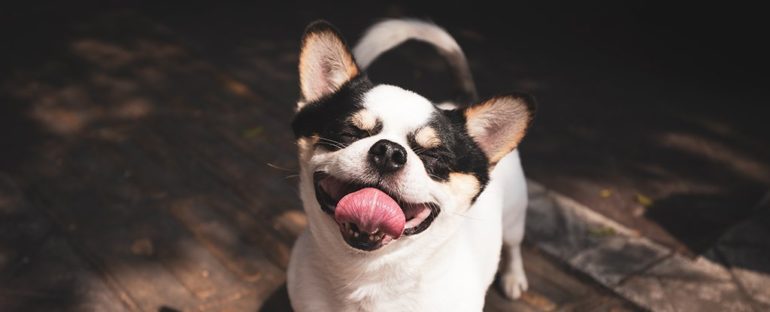Long-term stress in dogs can be caused by their relationship with their owners and their owner’s personality, according to a new study – although some breeds are more susceptible to this kind of stress than others, it appears.
Researchers measured levels of the stress hormone cortisol in the hairs of 42 different dog breeds and their owners: 24 ancient breeds (older breeds thought to be genetically closer to wolves) and 18 hunting breeds (dogs able to hunt on their own).
As well as the cortisol measurements, the owners were asked to answer questions on their own personality and on their relationship with their canines (via the Monash Dog Owner Relationship Scale), including feedback on interactions and their feeling of emotional attachment towards the dog.
“The results showed that the owner’s personality affected the stress level in hunting dogs, but interestingly enough not in the ancient dogs,” says biologist Lina Roth, from Linköping University in Sweden.
“In addition, the relationship between the dog and the owner affected the stress level of the dogs. This was the case for both types, but the result was less marked for the ancient dogs.”
This study follows up on previous research from the same team that found that canine stress tends to match the long-term stress levels of their owners, although in that case only breeds selected specifically to work closely with people were analyzed.
The purpose of including ancient and solitary hunting breeds this time around was to see if that close dog-owner relationship from the breeds used in the previous study was the main reason why stress levels were so well synchronized between pooches and people.
In the hunting breeds, there was a negative cortisol association with the agreeableness trait in their owners, and a positive association with openness – but no personality associations at all in the ancient breeds.
As for the human-dog relationship and its link to stress, there did seem to be an association across the breeds, but not much of a pattern. The biggest shift in cortisol levels in the dogs was linked to the “perceived cost” of the dog – the costs rather than the benefits of dog ownership, as seen by the owner.
“We believe that the synchronization of stress is a consequence of breeding the herding dogs for collaboration with people, while the relationship to the owner and the owner’s personality are important parameters that influence the synchronization of stress levels,” says Roth.
As the researchers admit, there’s a lot to unpack here: the relationship between a dog and its owner involves a multitude of different factors, including the personalities of the pooch and the person, the purpose the dog was bought or bred for, the home environment and plenty more besides.
Each new study adds a little more to our understanding though. Recent experiments with canines have shown that dogs really do want to rescue human beings when they have the opportunity, and can quickly get jealous of a rival – even a rival they can’t see.
Future studies should look at a wider cross-section of dog breeds and a wider range of settings, say the researchers, and should be carried out over several years, to fully establish how the stress levels of dogs and their owners are linked together.
“A multifaceted approach including associations between breed selection, personality, and human-dog relationship is needed in order to untangle the long-term endocrine responses of the dog,” conclude the researchers in their paper.
The research has been published in Scientific Reports.



